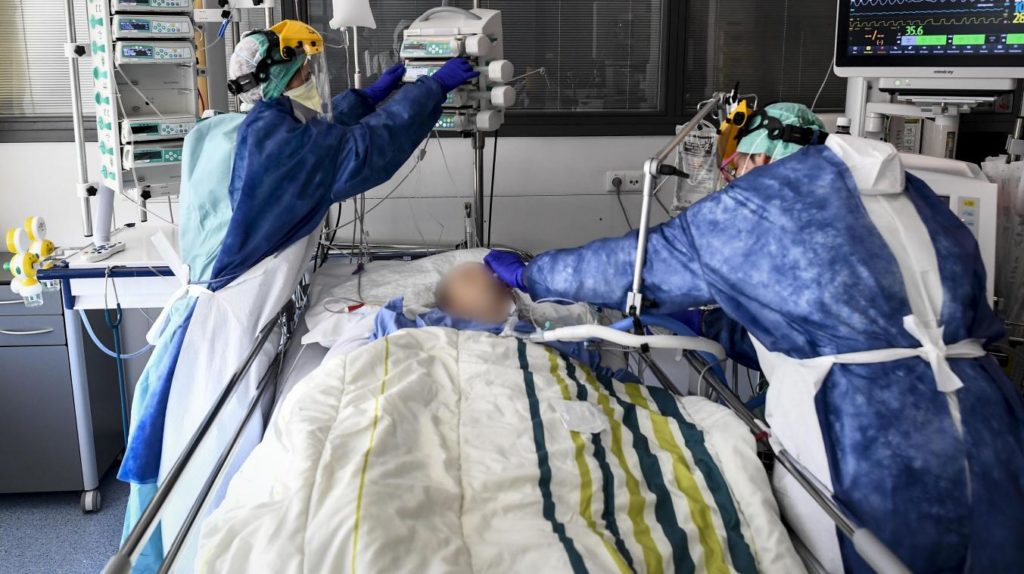The coronavirus pandemic in Europe can now be managed without locking down society as a whole, the World Health Organisation (WHO) said on Thursday.
"Between the basic measures at the national level and additional targeted measures, we are in a much better position to eradicate localised viral outbreaks. We can manage the virus and keep the economy and the education system running," said WHO Europe Director Hans Kluge during an online press conference.
Over the past two months, Europe has seen a steady rise in the number of cases: the first week of August saw 40,000 more cases than in June, when the number of cases was at its lowest point. But "we are not back in February, we know how to target the virus rather than society,” Kluge insisted.
Related News
- We need to prevent coronavirus 'vaccine nationalism,' says WHO
- Covid-19 symptoms appear in a fixed order, study reveals
In addition to adherence to barrier gestures and distancing, as well as a national screening and tracing strategy, the WHO recommends taking local measures when outbreaks ("clusters") occur.
Every day, some 26,000 new cases are registered in Europe. Young people, who tend to suffer less severe infections and lower mortality, are partly responsible for the increase in cases.
However, it is important to reopen schools as societies open up again, Kluge stressed, expressing concern about the consequences of class closures, especially for children with special needs.
WHO's European region, which stretches from the Atlantic to the Pacific and includes 55 countries as diverse as Russia and Andorra, has nearly 4 million official cases and 215,000 virus-related deaths, according to the organization's surveillance chart.
Israel which also belongs to the European region has been hit by a second wave and struggles to apply a new strategy to reduce the infection figures without imposing a strict lockdown as it did during the first wave with devastating consequences for the economy.
The Brussels Times

